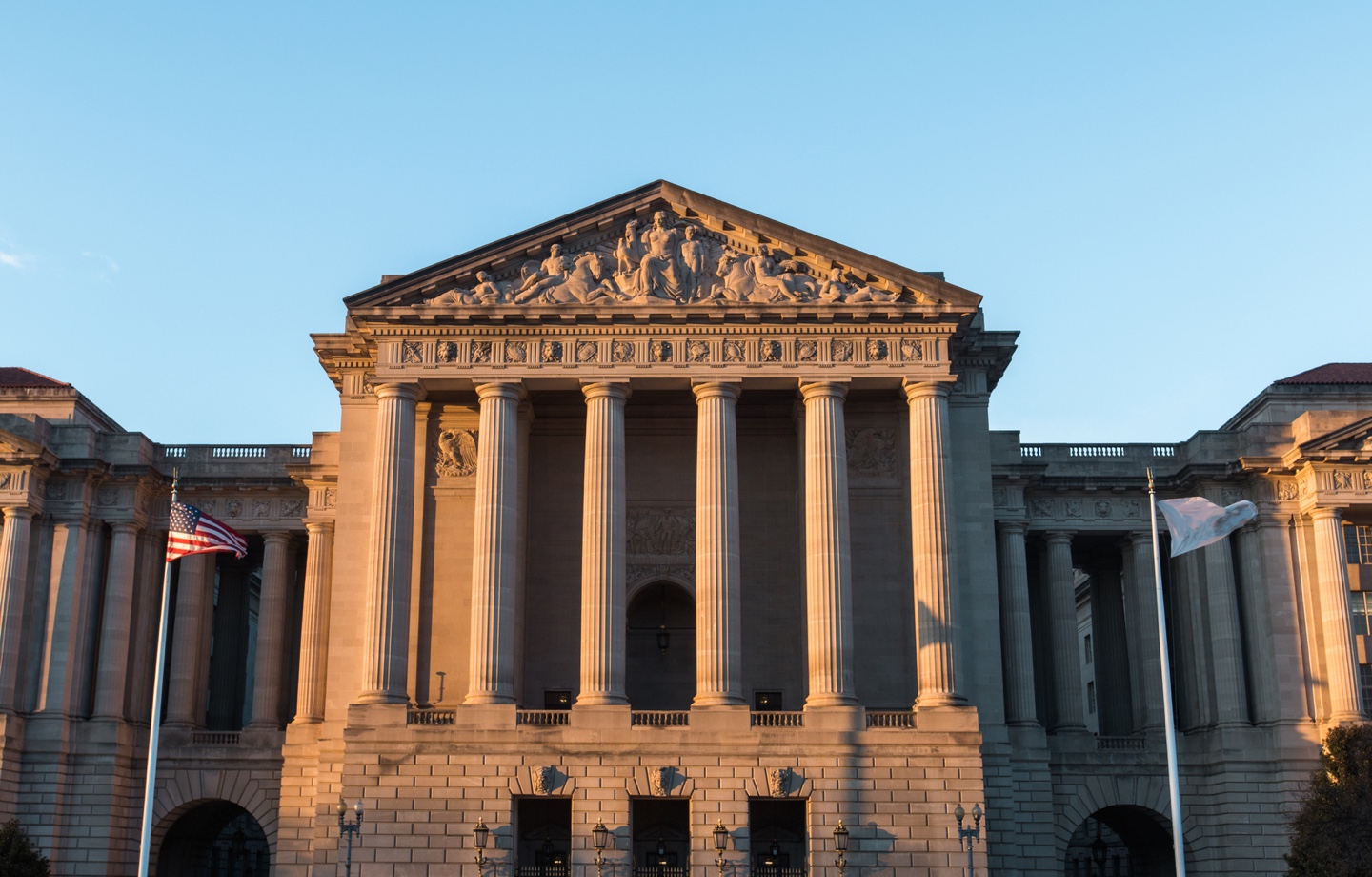If confirmed, Michael Regan would be the first African American man to lead the Environmental Protection Agency.
In Biden’s cabinet, I feel seen.
As I think about the ways I want to move through Black History Month, I pause. Just a few short days ago, I joined my family in our living room and watched parts of the inauguration. I sat there with my two girls explaining the significance of this particular moment in history. I expressed my authentic joy in seeing so many strong and well-educated Black and brown people sharing the stage with our 46th president of the United States, Joe Biden. We gawked at the beauty and eloquence flowing from the mind and mouth of Amanda Gorman — a 22-year-old Black woman and the nation’s first youth poet laureate — as she read her poem “The Hill We Climb.” All I could think about was how my girls are getting the representation in our government and the media that little Black and brown kids have deserved for so long. I get to be the mom who sits with them, encouraging the ‘sky’s the limit’ mentality. If they want to be Madame Vice President like Kamala Harris one day, I told them, they can. We are finally beginning to get a taste of what it feels like to be seen and heard.
When I think of the many ways that our country has exhibited a lack of understanding around topics of structural, individual, and environmental racism, it excites me to see such a diverse presidential cabinet taking shape. I truly believe that in order for us to see changes in our country, our government agencies need to reflect the communities they aim to serve.
Madame Vice President Kamala Harris (it has a nice ring to it, doesn’t it?) is not the only person in our new administration making history as a ‘first’ in their positions. Another noteworthy individual is Michael Regan. Regan was recently nominated to fill the role of administrator of the Environmental Protection Agency (EPA) and, if confirmed, would be the first African American man to hold this title.
The EPA regulates pollution released by cars and trucks, industrial facilities, oil and gas wells, power plants, and keeps track of U.S. carbon dioxide emissions and other greenhouse gases that cause global warming. Under the Trump administration, there was no sense of urgency around climate change and environmental regulations that help in the fight against pollution. In fact, our previous administration denounced climate change and environmental racism as a whole. As a result, Michael Regan, and the people surrounding him, will have their work cut out for them, tasked with repairing four years of damage done by an administration that refused to acknowledge global warming and its urgent threats.
As a woman who loves the outdoors and spends a lot of time teaching my kids to be good stewards of the land, to leave no trace in the natural spaces we visit, and to consume less and reuse more; the environmental concerns addressed by the EPA are near and dear to my heart. I believe there are many issues we cannot tackle without recognizing that social and environmental justice are intersectional — we will always have a hard time taking care of our people if we aren’t also taking care of our planet. But the truth is, environmental racism disproportionately affects low-income and Black and brown communities. So, I can’t think of anyone more suited to address these issues than Michael Regan, a man who has experienced it first hand, has felt the sting of its repercussions, and can wholly grasp its legitimacy.
Environmental racism is the disproportionate impact of environmental hazards on people of color. We see it in the U.S. in myriad ways — including, but not limited to, the placement of industrial polluters and toxic facilities, medical and health care structures, and healthy food options. Race is the number one indicator for where toxic facilities are strategically placed within our country. And this isn’t new. Toxic facilities are placed in the same communities that were redlined in the 1960s to construct the “ghettos” and Black communities we know today. (Redlining was coined as the discriminatory actions of avoiding investments in communities with a large minority presence.) Ever see a factory farm or landfill in the middle of a suburb? Yeah, me neither. Which is why I believe with a qualified man from the Black community at the head of the EPA, we will begin to adequately address concerns that disproportionately affect Black and low-income communities.
Almost eight years ago, I left the city and moved to a small rural community where my husband was raised. I started hiking, gardening, and camping more — and this shift in hobbies transformed the way I think about our planet. As I reflect on the significance of a diverse presidential cabinet, I have an appreciation and respect for the Biden administration’s decision to select Michael Regan to head the EPA.

Michael Regan has made environmental protection his life’s work. With someone like him in leadership, I am hopeful there will still be natural green spaces for my grandkids to explore someday if they choose. For the first time since I could vote, I feel seen and heard by the folks appointed to the presidential cabinet. I am going to celebrate this Black History Month by acknowledging both the past and the current history being made by people filling the seats of our government agencies. For the first time ever, it appears our government reflects the communities they aim to serve. For that, I celebrate.
To learn more about redlining, watch the Netflix documentary “The Racial Wealth Gap.”
To learn more about environmental racism, read this and this.

Shop Pillows
The Essential Organic Pillow Collection
Gentle, breathable, non-toxic support.





